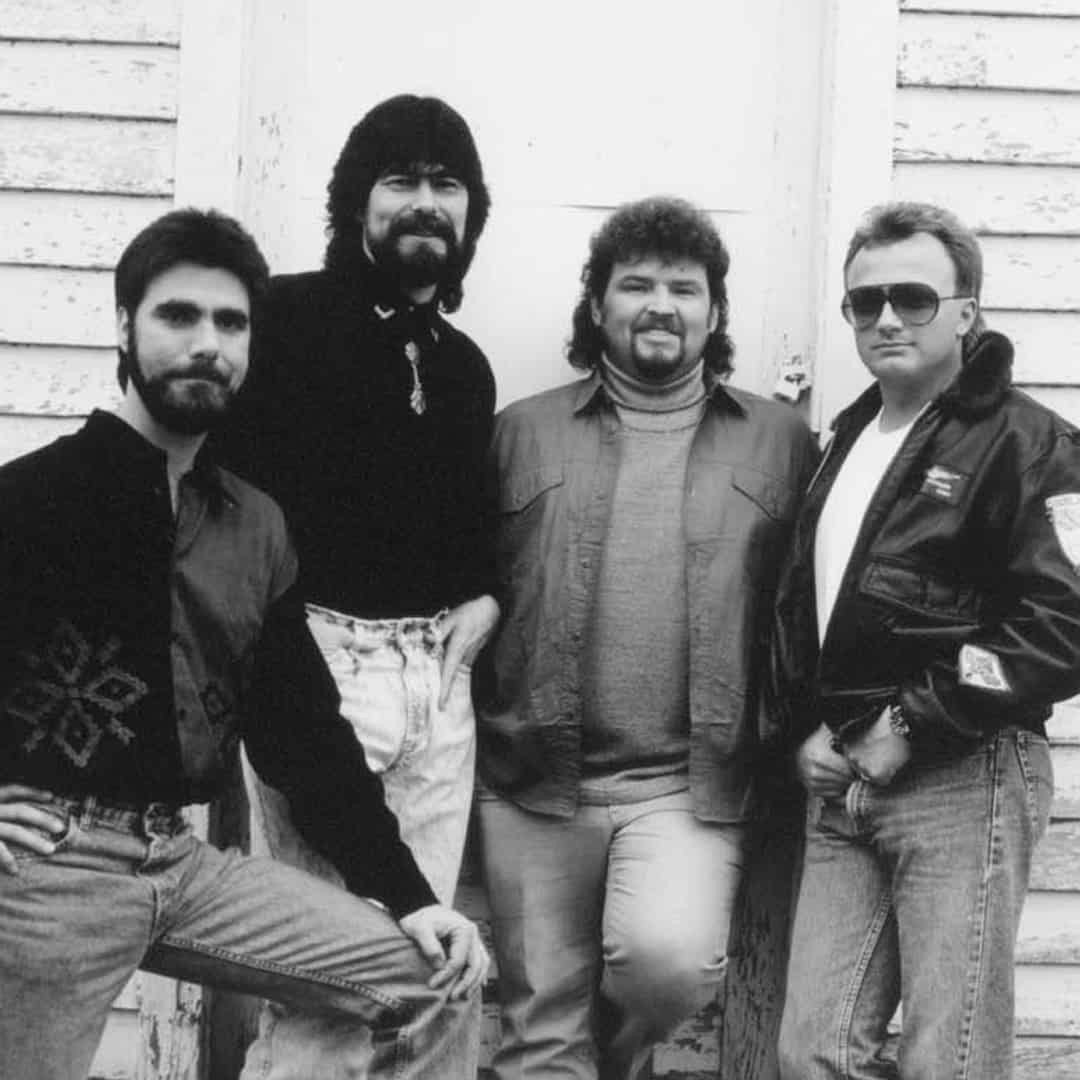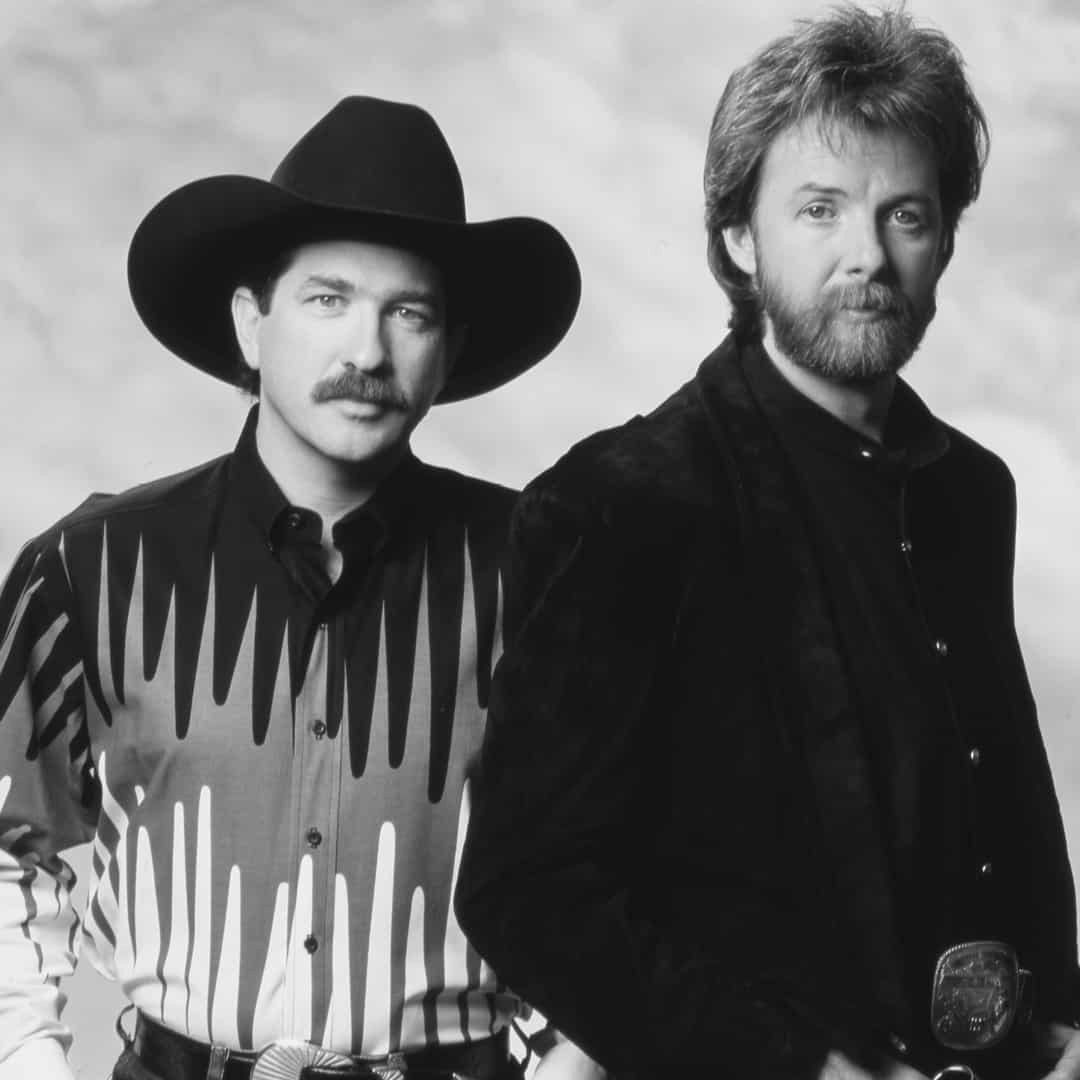Joe
Galante

-
Inducted2022
-
Born
December 18, 1949
-
Birthplace
Queens, New York
Joe Galante distinguished himself as one of country music’s most successful record executives from the 1970s into the 2000s. Across more than four decades, he helped modernize country music’s business practices while demonstrating a capacity for recognizing and developing talent. Galante played a crucial role in advancing the careers of many significant country music stars, including Alabama, Clint Black, Brooks & Dunn, Kenny Chesney, the Judds, Miranda Lambert, Martina McBride, Ronnie Milsap, Brad Paisley, Dolly Parton, Carrie Underwood, and Keith Whitley.
A Native New Yorker
Born in the New York City borough of Queens, on December 18, 1949, Galante came of age in a tightknit family. His parents were first-generation Americans from Sicily, and Galante grew up in a bustling household. In a three-story brownstone apartment building, he lived with his parents and two sisters on the first floor, with his grandparents on the second floor, and godparents on the third floor. Galante’s father spent more than thirty years with the United States Postal Service. His parents loved Italian operas, big band music, and jazz-pop vocalists, especially Tony Bennett and Frank Sinatra. Like his peers, Galante became enamored with rock & roll in the 1960s, collecting 45-rpm singles and learning to play guitar. He formed a high school band that never performed outside of basement gatherings.
After graduating from Fordham University with a degree in finance and marketing, Galante considered two job offers: with General Electric in New Jersey and RCA Records in Manhattan. He chose to stay in New York, accepting a job as a financial analyst at one of the oldest, most prestigious record labels in America in 1971. Marketing executive Frank Mancini became the first of many music-industry mentors, introducing Galante to artists, including Harry Nilsson and Ringo Starr. Mancini also brought Galante into the RCA marketing department, where he worked with up-and-coming rock artists David Bowie, Lou Reed, and others.
A Transfer to Nashville
An RCA executive sent Galante to Nashville to examine the books of the label’s country division. After his report, RCA transferred Galante to Nashville as Manager of Nashville Administration in 1974. He negotiated a two-year deal, intent on returning to New York afterward. In Nashville, the assertive, driven company man met a cool reception, except from Nashville’s top RCA executive, Jerry Bradley, who saw the advantage of having a budget-minded executive working at a label run largely by record producers.
Galante proved to be a quick study. As Bradley had hoped, Galante improved RCA Nashville’s earnings through attention to financial discrepancies. Moreover, he began to understand country music’s broad appeal. When Bradley and Galante traveled to RCA’s New York headquarters for meetings, Galante convinced corporate leaders to increase marketing budgets for country artists. After attending performances by Waylon Jennings, Ronnie Milsap, and Dolly Parton and being impressed by them, Galante felt the three of them could appeal to pop audiences. He drew on his connections in RCA’s New York and Los Angeles promotional departments to get records by Jennings, Milsap, and Parton played on pop and rock radio stations. The crossover hits greatly increased record sales, and pop radio found its audience enjoyed hearing country songs mixed into the daily playlists.
After two years in Nashville, RCA offered to transfer Galante back to New York. Galante declined, having grown attached to Nashville and its music community. When Bradley began to plan his departure from RCA, the Music Row insider groomed his young New York colleague to assume his leadership role. In 1982, at age thirty-two, Galante became the youngest person to head the Nashville division of a major record company.
Taking Care of Business
Galante’s aggressive marketing of Alabama helped turn the band into a platinum-selling act that filled concert arenas; such lofty sales figures for recordings and concerts were still rare in country music at the time, especially for newcomers. In Galante’s first year as head of RCA Nashville, Alabama became the first band to win the Country Music Association’s Entertainer of the Year award and proceeded to win the prestigious honor the following two years. Galante’s early years also saw the rise of several newcomers to the label, including Earl Thomas Conley, Foster & Lloyd, Eddy Raven, and Restless Heart, and he helped boost the careers of such established stars as Ronnie Milsap, Dolly Parton, and Eddie Rabbitt.
While recasting the Nashville office to match his assertive business style, Galante proved savvy at recognizing distinctive talents and building the careers of artists that other labels considered as risky ventures. With the Judds, he took the unusual pairing of a mother-daughter duo, and their distinctly spare musical style, and helped them become one the most successful country acts of the 1980s. With Keith Whitley, the ever-budget-conscious Galante agreed to let Whitley scrap a finished but as yet unreleased album and, at great expense, record an entirely different album with a different producer—a direction change that led to Whitley’s run of #1 hits. With K. T. Oslin, Galante gave a recording contract to a forty-four-year-old, cosmopolitan singer-songwriter whose previous experience had largely been in Broadway musicals. She rewarded his support with a string of top hits and three Grammys.
Negotiating Changes
After the successful launch of Clint Black’s career, Galante did return to New York in 1990, as president of RCA’s U.S. operations. Under Galante’s leadership, the label signed breakout acts such as Lisa Loeb, the Dave Matthews Band, and Wu Tang Clan. But the label did not turn around fast enough to satisfy its owner, the Bertelsmann Music Group. Meanwhile RCA’s country division had lost market share. BMG and Galante agreed in 1994 that he would go back to running the Nashville office. He led RCA back to a stronger position in country music with the success of Kenny Chesney, Lonestar, and Martina McBride, among others.
In 2000, BMG merged Arista Nashville into the RCA Label Group/Nashville, with Galante presiding over the expanded roster. Brad Paisley, still a new artist, benefited from Galante’s guidance, as did Arista veterans Alan Jackson and Brooks & Dunn. The latter duo credit Galante for convincing them to remain a duo when the two considered going their separate ways in 2000. They regrouped and bounced back and, over the next several years, released some of their most memorable and most successful music.
Sony Music merged with BMG in 2004. Three years later, Galante became chairman of the retooled and expanded Sony Music Nashville, where he continued to guide the careers of such top country artists as Miranda Lambert and Carrie Underwood. He retired from Sony in 2010. Since then, Galante has devoted himself to philanthropy and to developing and entrepreneurs and business leaders in Nashville.
“His influence in this city and its artists—in the thirty years I’ve been here—I do not think anyone has come close,” said Kix Brooks of Brooks & Dunn. “He raised the bar for everyone.”
—Michael McCall
“His influence in this city and its artists—in the thirty years I’ve been here—I do not think anyone has come close. He raised the bar for everyone.” —Kix Brooks
Interview with Naomi Judd at the Country Music Hall of Fame & Museum
2010
Photos
-
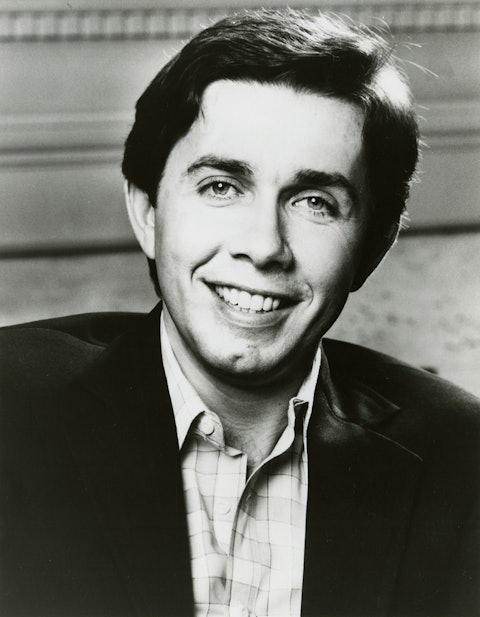
Joe Galante headshot, c. 1980s.
-
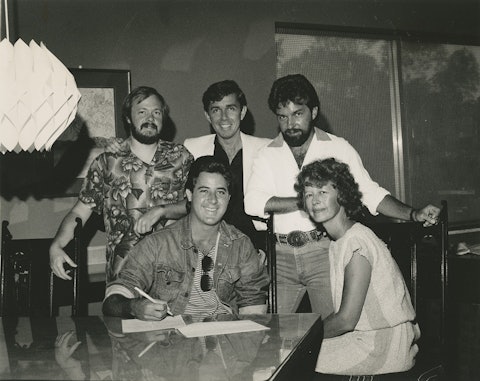
From left: Emory Gordy, Vince Gill, Joe Galante, Tony Brown, and Mary Martin, 1983.
-
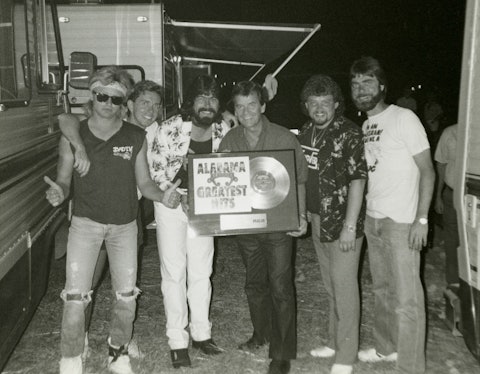
Alabama with Joe Galante (second from left) and Dick Clark (holding plaque), 1986.
-

Clockwise from top left: Joe Galante; Ken Stilts, the Judds’ manager; Wynonna Judd; and Naomi Judd, 1987.
-

Joe Galante headshot, 1987.
-
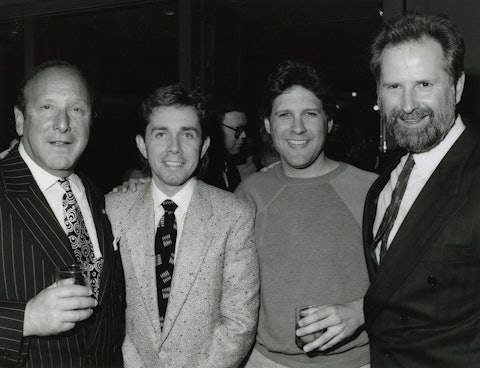
From left: Clive Davis, Joe Galante, Kyle Lehning, and Tim DuBois, 1989.
-
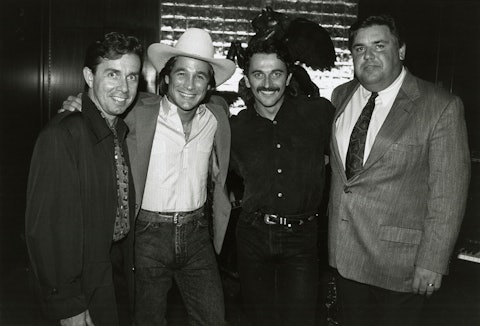
From left: RCA Records President Joe Galante, Clint Black, Aaron Tippin, and RCA Nashville Vice President and General Manager Jack Weston at the Rainbow Room in Rockefeller Center in New York, 1992.

